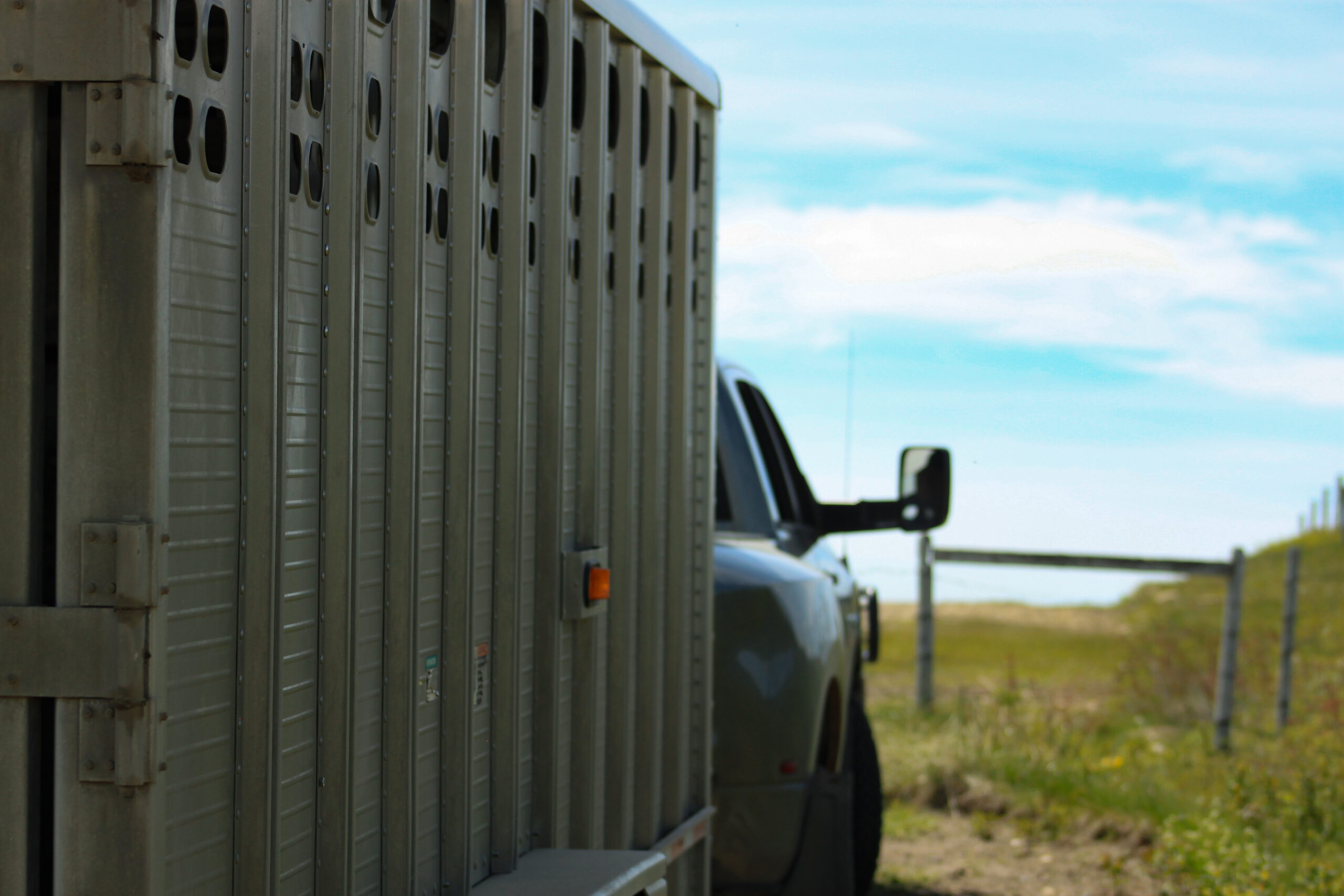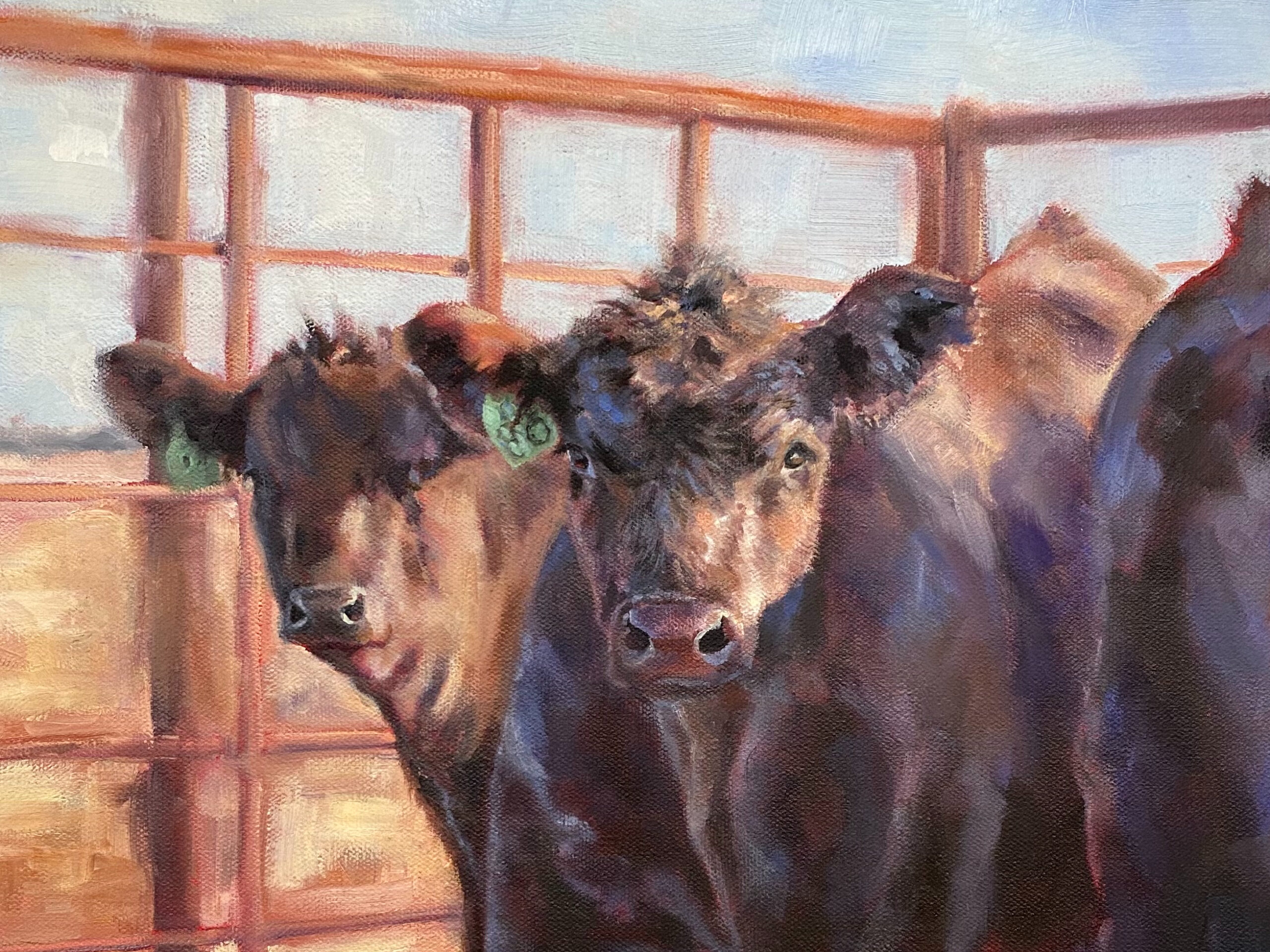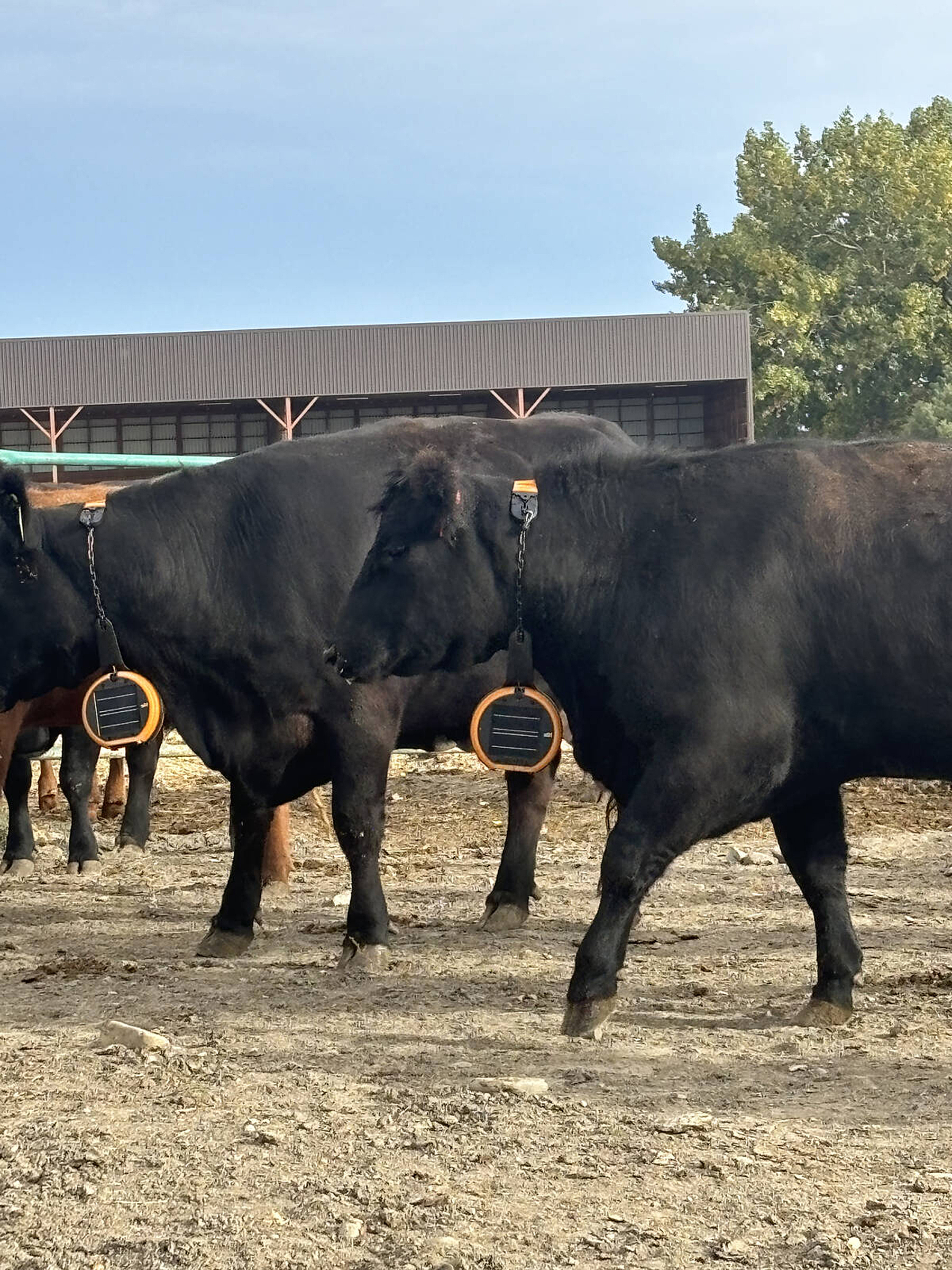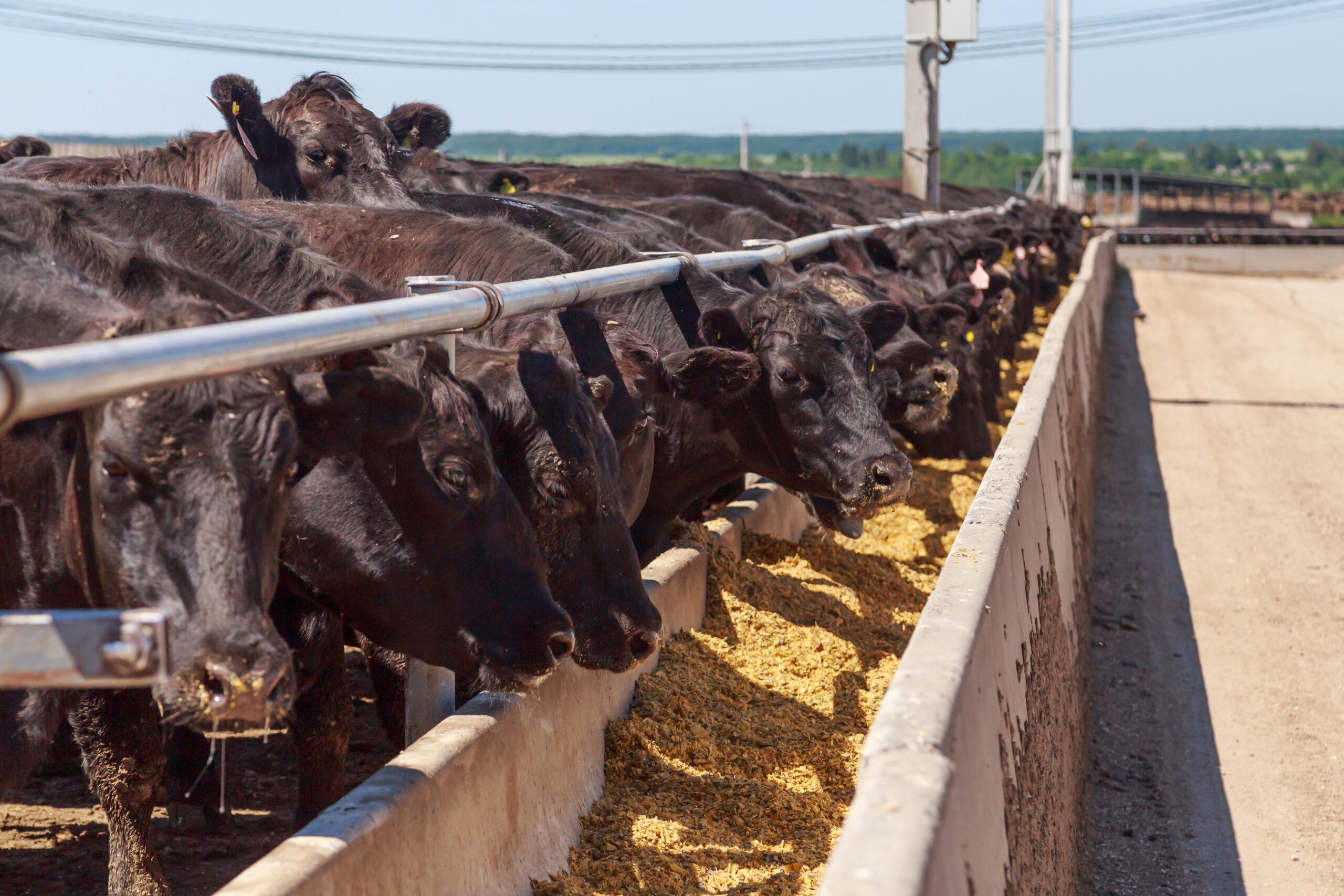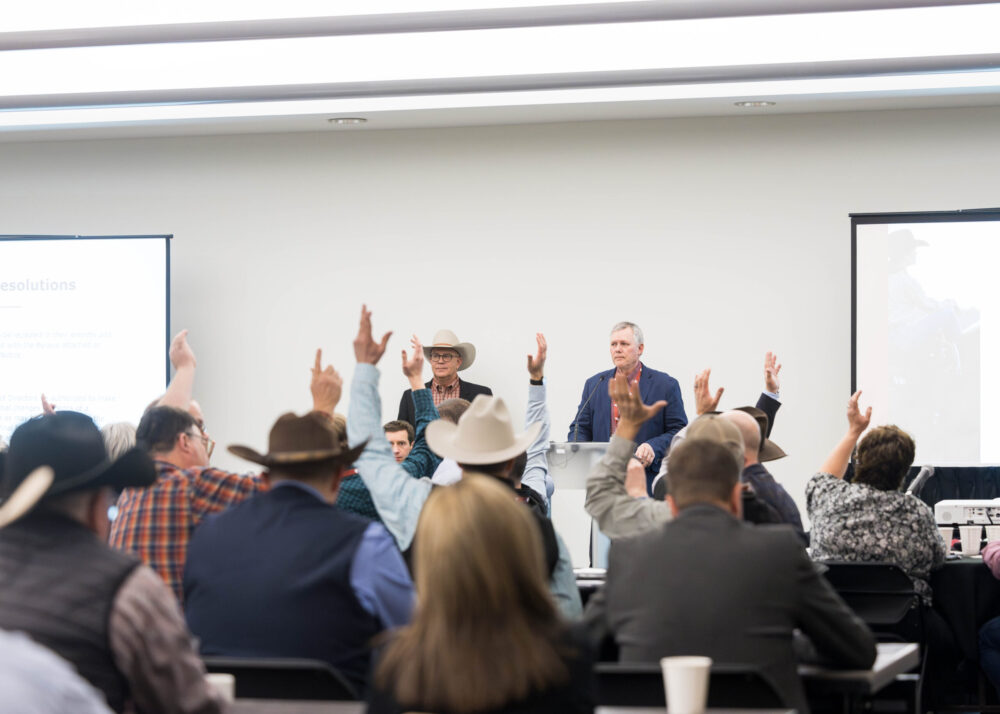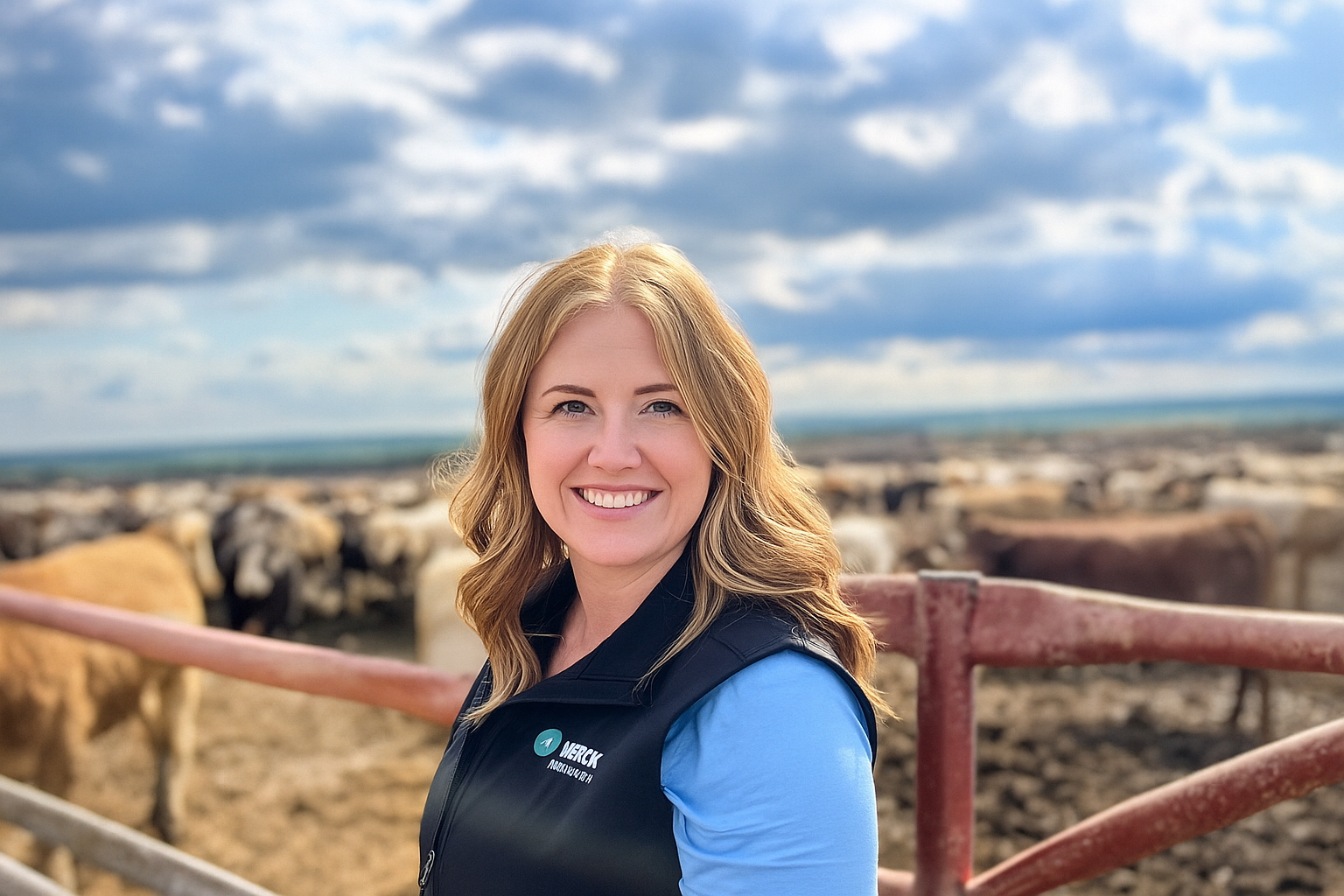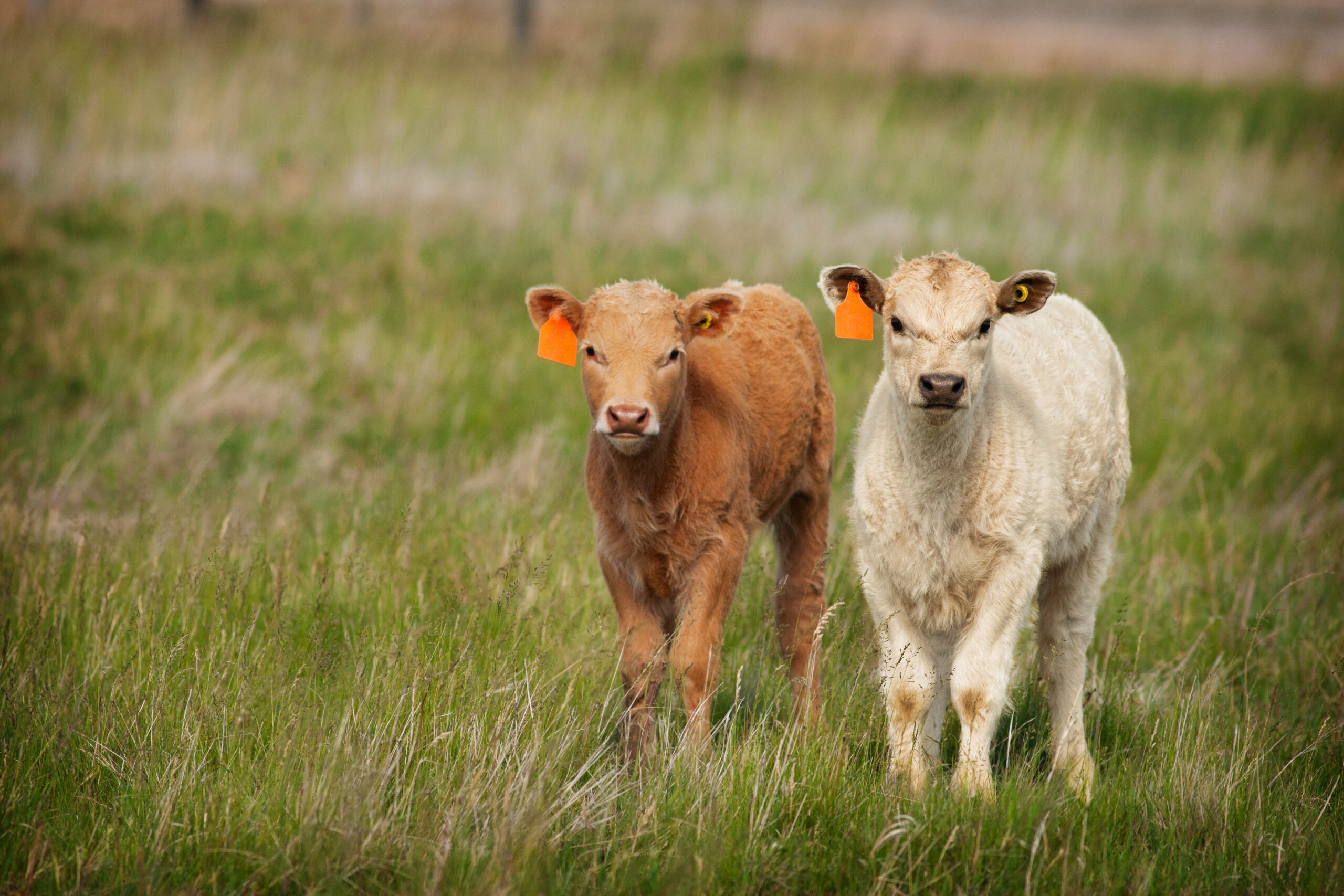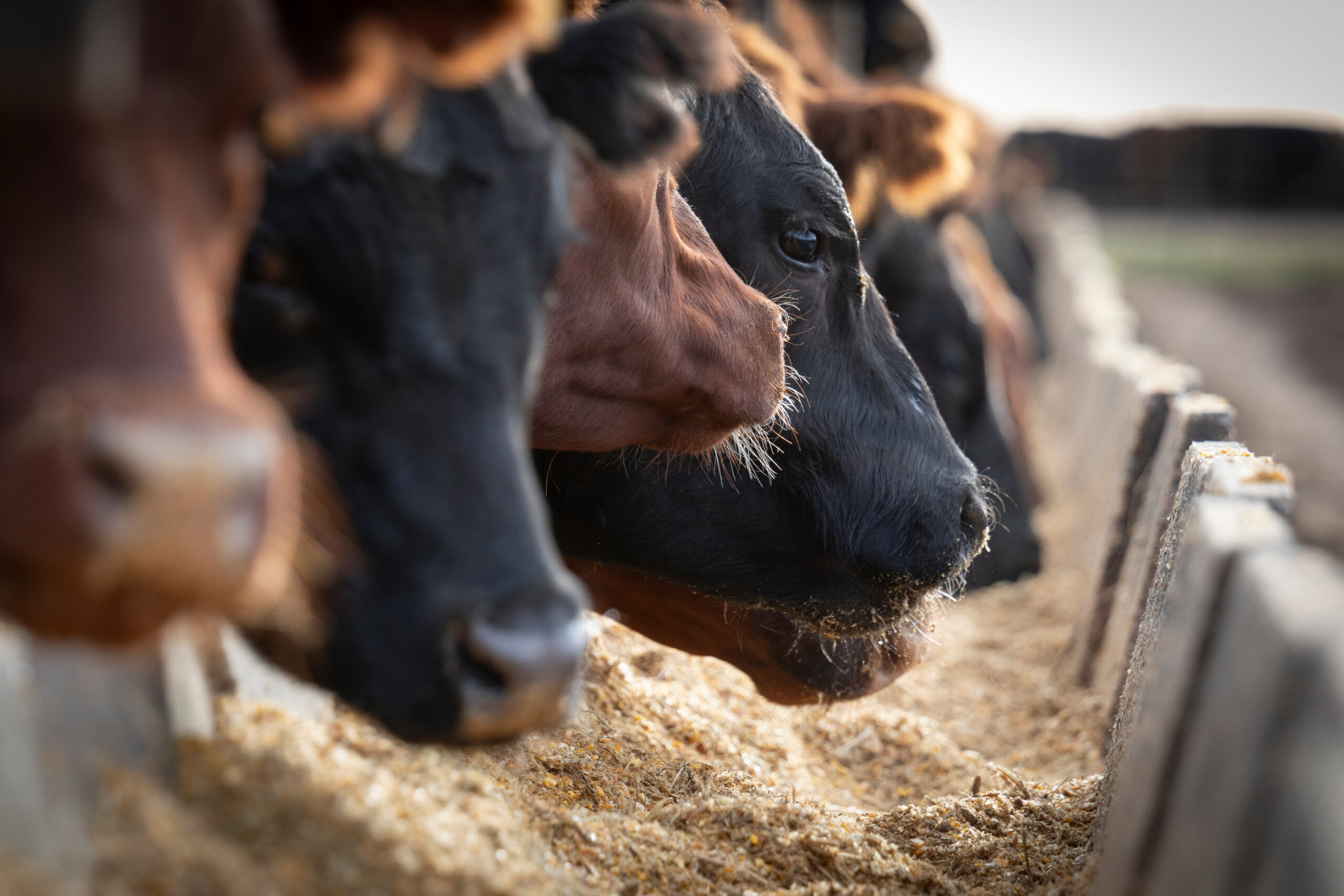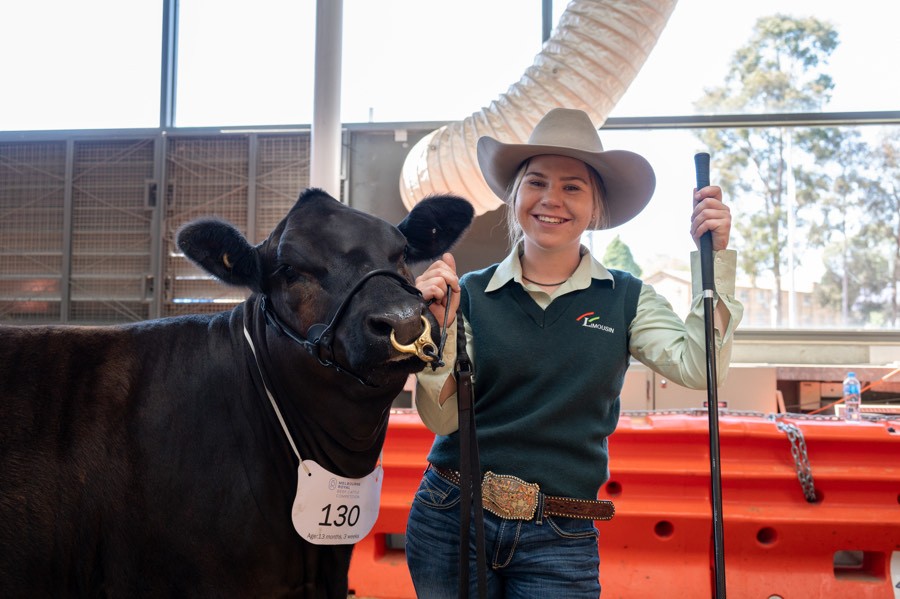AB Direct - Steers
Rail: 520.00 del
AB Direct - Heifers
Rail: 520.00 del
US Trade- Steers
Rail: ---
US Trade - Heifers
Rail: ---
Canadian Dollar
0.13
Five insights from the latest ABP Magazine
The Fall 2025 Issue of ABP Magazine published by Alberta Beef Producers highlights leadership, innovation, stewardship, and momentum across the beef industry. Here are five insights, among many examples, worth a closer look. 1. Taking charge: All for the Beef We’ve certainly had an active time as your beef cattle commission for the past few…
Sigurdson receives new mandate letter
Alberta Agriculture and Irrigation Minister RJ Sigurdson has received a new mandate from Premier Danielle Smith — and at the heart of it is a clear directive to put “Alberta Agriculture First.” The Premier’s early October mandate letter tasks Sigurdson with introducing new legislation to reduce red tape, strengthen the competitiveness of Alberta producers, and…
RDAR expands grazing program to include virtual fencing
RDAR has expanded its OFCAF rotational grazing program to include virtual fencing — a GPS-based technology helping Alberta producers manage pastures, save labour, and improve sustainability with up to $75,000 in funding support. The new funding stream is designed to help cattle producers adopt “invisible fence” systems that use GPS-enabled collars and base stations to…
Canfax Weekly Article | Report for the week of October 13, 2025
Last week, the Canfax average fed steer and heifer price closed around $302.50/cwt live, $2.50/cwt lower than the previous week. Fed prices have declined for four consecutive weeks, dropping $13/cwt. Light trade was reported last week, with dressed sales from $504.50–506.50/cwt FOB the feedlot. Competition on the cash market was mixed; one major Western Canadian…
What it means to be an ABP delegate
Fred Lozeman operates a mixed farming operation and feed yard near Claresholm, Alberta. Fred served as an ABP delegate for nine years, recently retiring in March 2025. Fred remains involved with ABP in a non-delegate role as chair of the governance committee. Becoming an ABP delegate is a great way to provide leadership to the…
Alberta purebred sector shines at Olds Fall Classic
The Olds Fall Classic once again brought together the best of Western Canada’s purebred cattle sector for a weekend of top-tier competition and community spirit. Hosted at the Olds Regional Exhibition Megadome, the long-running event celebrates excellence across the purebred community—highlighting the work of breeders driving genetic improvement and run by dedicated volunteers. The annual…
FerAppease: 4 Things to Know
As stress management becomes a bigger focus in beef production, new tools like FerAppease® are getting attention. The product—developed by Fera Diagnostics & Biologicals—claims to mimic calming pheromones that help cattle handle stressful events like weaning or transport. But does the data support the claims? Here are four things to know: 1. It’s based on natural “appeasing”…
CYL semi-finalists from Alberta compete at nationals
This article was first published in Volume 5 Issue 3 of ABP Magazine (Fall 2025). Both Marissa Lemay and Denny Bjornson have now advanced as finalists. “One of the most powerful things about the CYL program is how it brings together people from different backgrounds, regions, and areas of expertise, all connected by a shared passion…
Albertan wins outstanding young Angus breeder
Forestburg, Alta., cattleman Ty Dietrich has been recognized as the 2025 Outstanding Young Angus Breeder, earning national recognition for his leadership, innovation, and commitment to advancing Red Angus genetics. A key member of his family’s Redrich Farms, Dietrich has helped guide the operation’s growth and reputation within the seedstock sector. Since launching their independent annual…
Report highlights value of building “reputation cattle”
A new Cow / Calf Cost of Production (COP) Network report, Build, Brand and Market Your Calf Crop: A Path to Reputation Cattle, shows that investing in quality and consistency continues to pay off for Alberta cow-calf producers—especially when markets tighten. The report found that when calf prices were high, revenue differences between top and lower-performing herds were…
Canfax Weekly Article | Report for the week of October 6, 2025
Alberta fed prices have been under pressure, dropping $10.00/cwt over the past three weeks and hitting the lowest point since mid-August. The market is in the process of working through seasonally larger fed numbers. Competition on the cash market was somewhat limited, and in some instances, one packer was not even bidding on cattle. Dressed…
Alberta junior wins top spot in Limousin herd building program
The Canadian Junior Limousin Association (CJLA) has announced the winners of its second Herd Building Incentive Program, created to support young cattle producers in expanding their involvement with the Limousin breed. This year, Alberta’s own Kira Axley of Czar area earned first place in the alumni category, receiving a $1,000 live animal voucher. The program…


